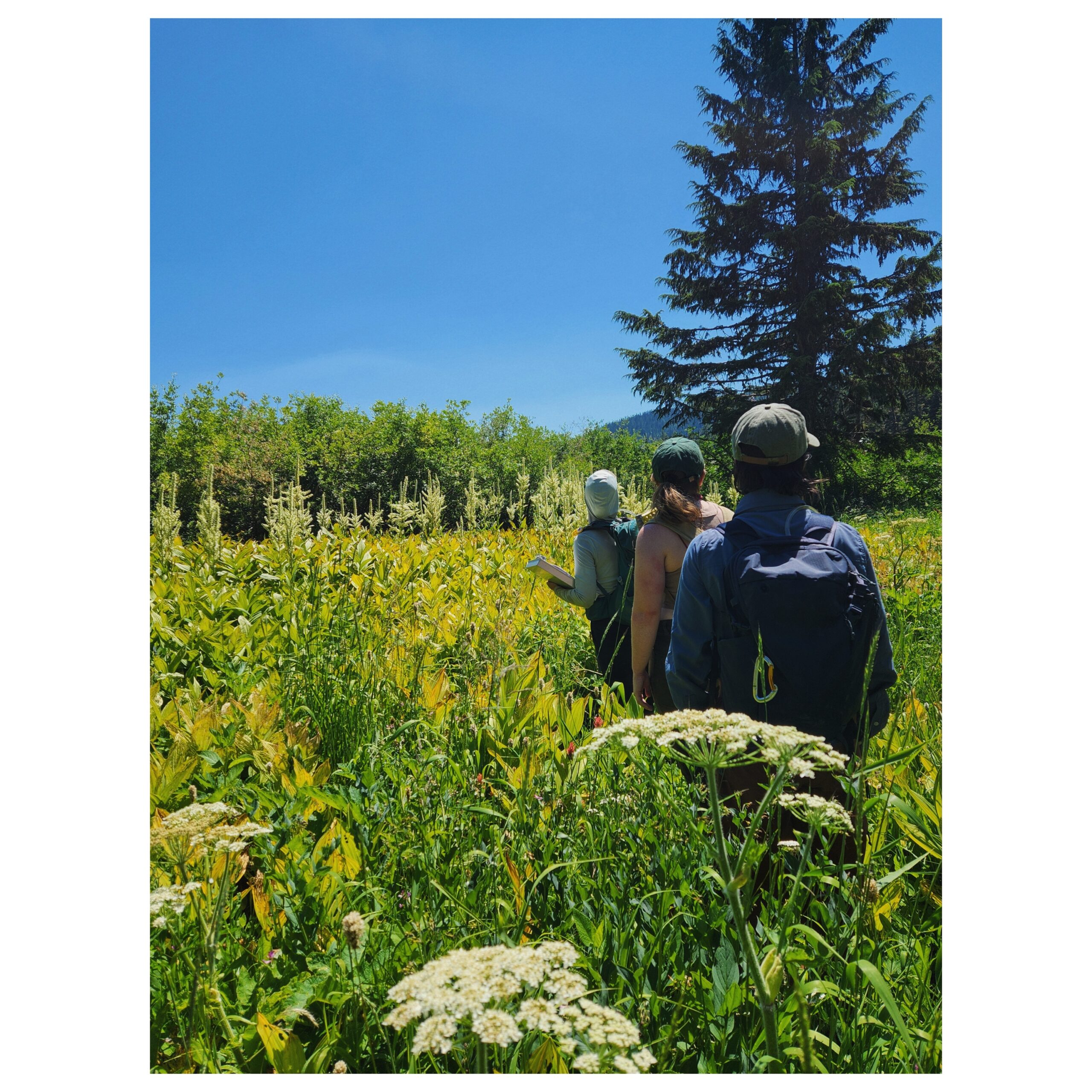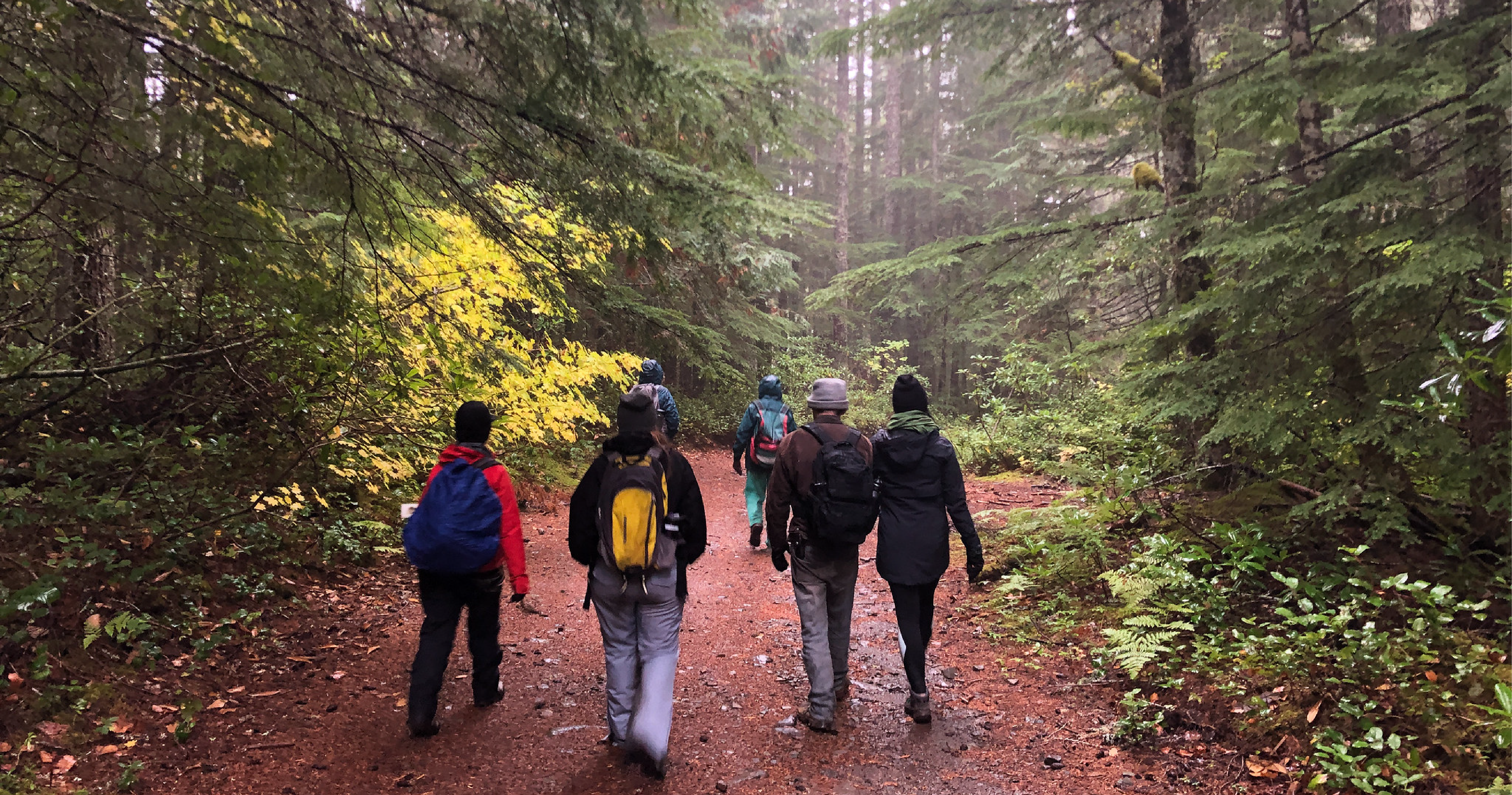Whether you're new to forest ecology and activism or are a seasoned field biologist or activist, your energy and knowledge are vital to protecting Mt. Hood National Forest and beyond.
Since our founding in 1999, Bark has saved tens of thousands of acres of Mt. Hood’s forest from destructive logging projects, established a game-changing legal precedent on forests and fire, engaged 30,000+ people around forest ecology and current forest management practices, and worked with state and federal agencies to work towards reintroducing beaver to Mt. Hood. The impacts of our forest advocacy are only possible with the countless hours, incredible creativity, and boundless spirit from our volunteers.
As a volunteer-powered nonprofit, we’re always looking for new volunteers to get involved! We provide annual programs training hundreds of volunteers in forest policy and field surveying, empowering the public to protect the ecosystems that support us all. Together, we challenge destructive logging projects, engage in public review and comment on timber sales through many means:
- Documenting ecological conditions in the forest
- Leading educational hikes, workshops, and activities
- Mapping wetlands and sensitive wildlife habitat
- Locating and protecting threatened species
- Raising public awareness about climate change, ecosystem health and the destruction caused by extractive commercial projects throughout Mt. Hood National Forest



